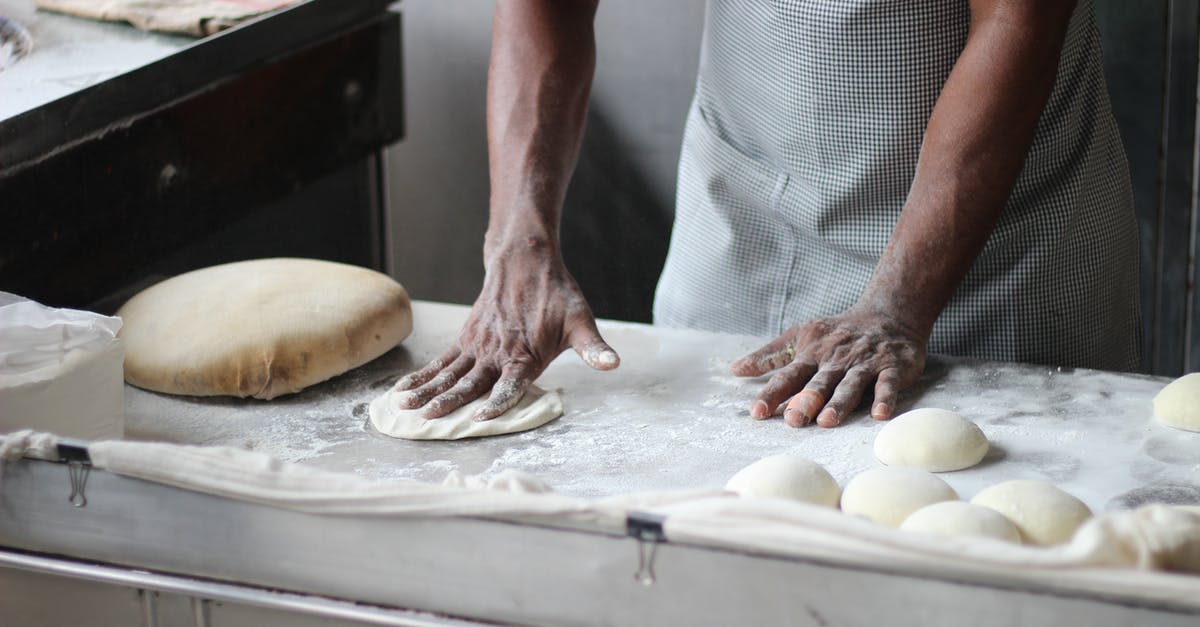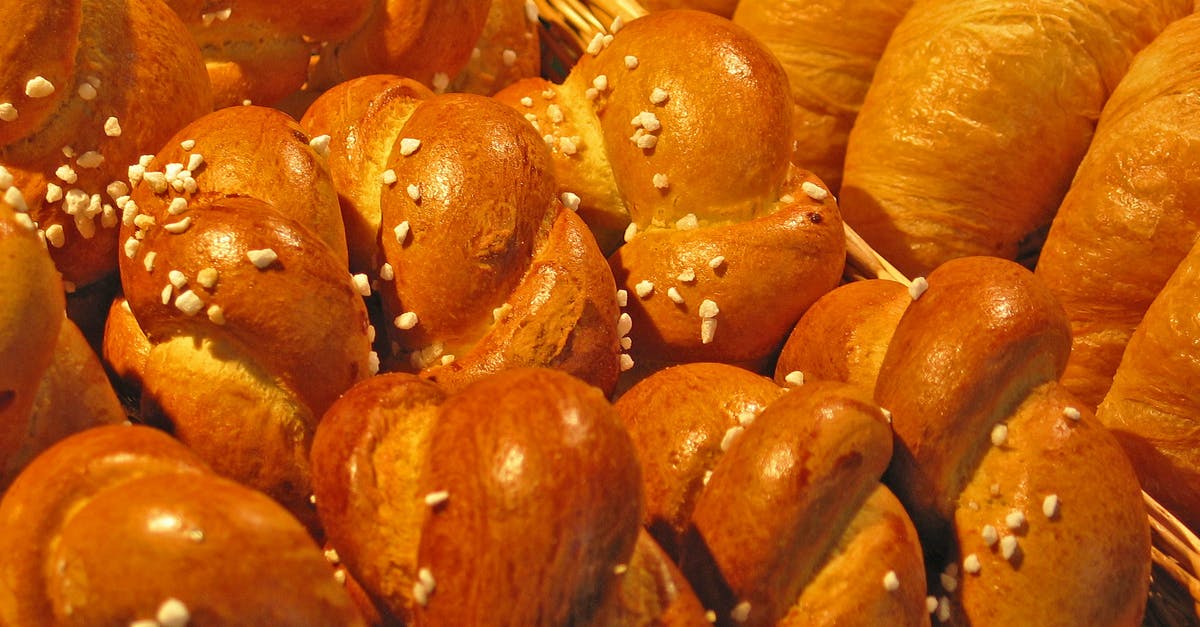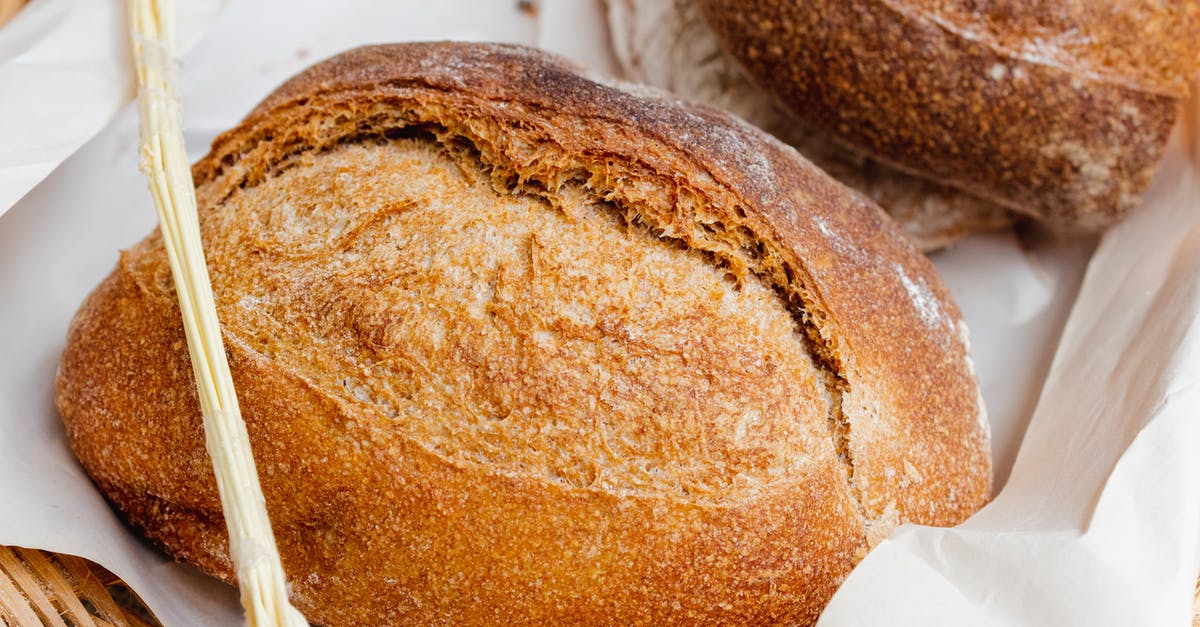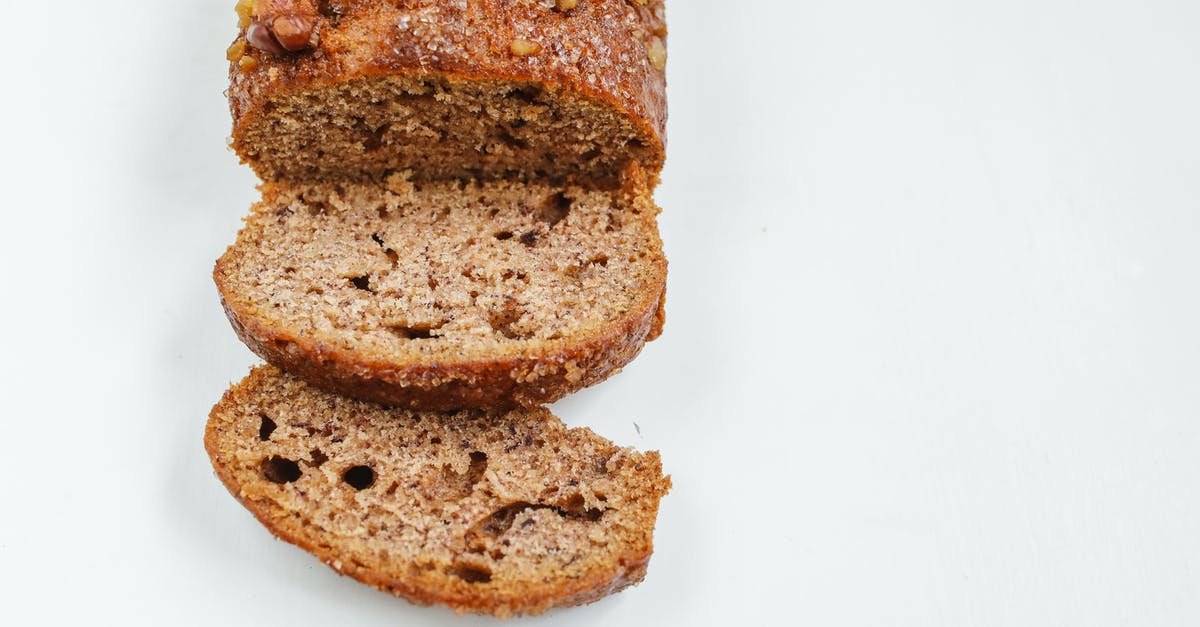Substitutes for wheat flour and their challenges in baking

What are the flours that can be substituted for wheat flour in baking, specifically for breads, pastries and cakes?
I found a few here: Top 10 alternatives to wheat
What sort of challenges have you, experienced or novice bakers, faced while using substitutes? In terms of taste, texture and aroma, is there a better compromise? Are the baking temperatures higher or lower and is making the dough easier or more difficult when using substitutes?
Best Answer
There is no universal substitute for wheat flour.
The challenges are, roughly, that recipes will often completely fail if you replace wheat flour with something else. The particular questions you've asked aren't really answerable in a concise way. Yes, taste, texture and aroma can all suffer; yes, baking temperatures can change; yes, making (bread) dough is harder (in that you have to completely change the recipe). Cakes and pastries will tend to fare better than bread, but it's still not just a direct substitution question.
There are some cases where you might get pretty close on the first try (e.g. brownies), but if you're trying to be able to bake everything, there's really no way around this. The list of possibilities and ways to fix them is something many people have written books about, after doing tons of research. Starting from good recipes will save you from having to repeat all that work.
So, why is this all so much trouble?
Along with all the nice starches, wheat has gluten, which is (to oversimplify) a bit magical and difficult to replace. Essentially, the more the original recipe depends on the flour for structure/texture, the more trouble you'll have without using wheat. Specifically, good wheat-free bread is pretty difficult, since gluten (from wheat) forms the basic structure. If you naively try a flour substitute, no matter what it is, you'll probably end up with something absolutely nothing like the original recipe.
You'll have much better luck with the cakes and pastries, where the flour still provides structure, but a lot of it comes from starches, not gluten. (Indeed, cake flour and pastry flour have lower protein content - less gluten!) But still, baked goods can be pretty sensitive, so something as drastic as swapping out all the flour can still derail things.
You can find a lot of suggestions for gluten/wheat-free flour substitutes, which will likely work fairly well in most things where the wheat doesn't provide a ton of structure, i.e. not bread. Generally the best substitutes are blends of flours, not a single flour. For example, America's Test Kitchen came up with this blend of white rice flour, brown rice flour, potato starch, tapioca starch, and dry milk. You can also simply purchase something that's marketed as a gluten-free flour - but note that not all are created equal, and if you can make a well-tested blend yourself (like the ATK one) it will likely serve you better. Unfortunately if you're somewhere where some of those things are difficult to find, you may have to do a bit more research (and experimentation) to find something that'll work for you.
Some recipes will require modification - tweaking other ingredients or the preparation - and for others you will be able to simply use a wheat-free blend like the one I mentioned without changing anything else.
But if you're trying to wholly avoid wheat, rather than trying to ask what all the challenges are, I would recommend specifically seeking out gluten-free recipes for things you want to make. You can even find entire cookbooks for this. For what it's worth, while I haven't seen it, the recipes in the America's Test Kitchen one are definitely really well-tested. This will help you make things that work right on the first try, not the tenth try.
Another great reference is King Arthur Flour. When you're in the US, you'll find their products everywhere, and they ship. Outside the US you'll probably find buying their products problematic, but the website is still outstanding. All of their thousands of recipes have reviews and comments. If you're having trouble, you'll get a response from one of their professional bakers. They do a lot of gluten-free applications, not just bread.
Pictures about "Substitutes for wheat flour and their challenges in baking"



Quick Answer about "Substitutes for wheat flour and their challenges in baking"
Among the alternatives, amaranth, barley, coconut, chestnut, maize, millet, teff, oat, rye, sorghum, soy, rice flour, and legumes could be considered appropriate due to their chemical composition, bioactive profile, and alternatives utilization in the baking industry.What can I substitute for wheat flour in baking?
List of Wheat Flour Substitutes:- Brown Rice Flour.
- Millet Flour.
- Oat Flour.
- Sorghum Flour.
- Teff Flour.
- Corn Flour.
- Amaranth Flour.
- Quinoa Flour.
What are some substitutions for wheat?
Following is an easy all-purpose flour mix that can be substituted in the same amount as wheat flour in recipes....Following are some other wheat-free (and gluten-free) flours and starches:- Buckwheat Flour.
- Rice flour - Easy to find, usually in regular grocery stores. ...
- Tapioca starch.
- Potato starch.
- Potato Flour.
- Sorghum Flour.
What are the issues with substituting whole wheat flour?
Substituting whole wheat flour 100% may result in a somewhat grainy mouthfeel and darker color.All-Purpose Flour Substitutes for Baking \u0026 Recipes
Sources: Stack Exchange - This article follows the attribution requirements of Stack Exchange and is licensed under CC BY-SA 3.0.
Images: Vaibhav Jadhav, Pixabay, Bruno Thethe, Polina Tankilevitch
